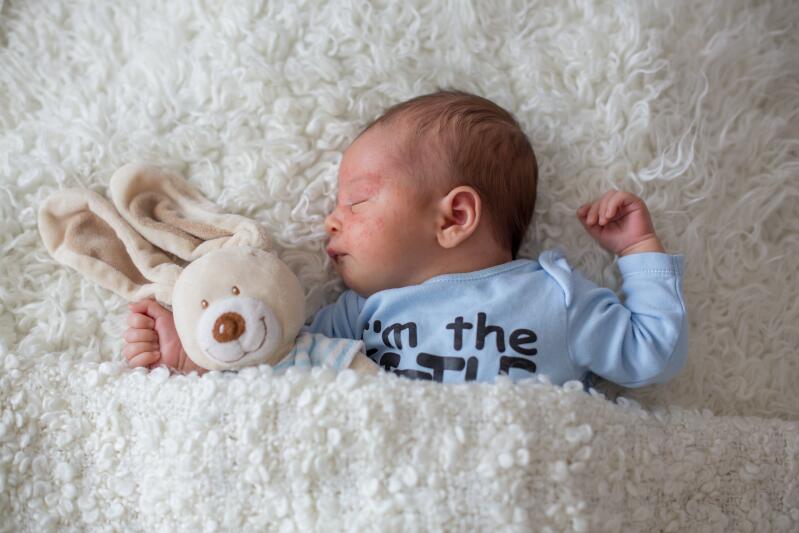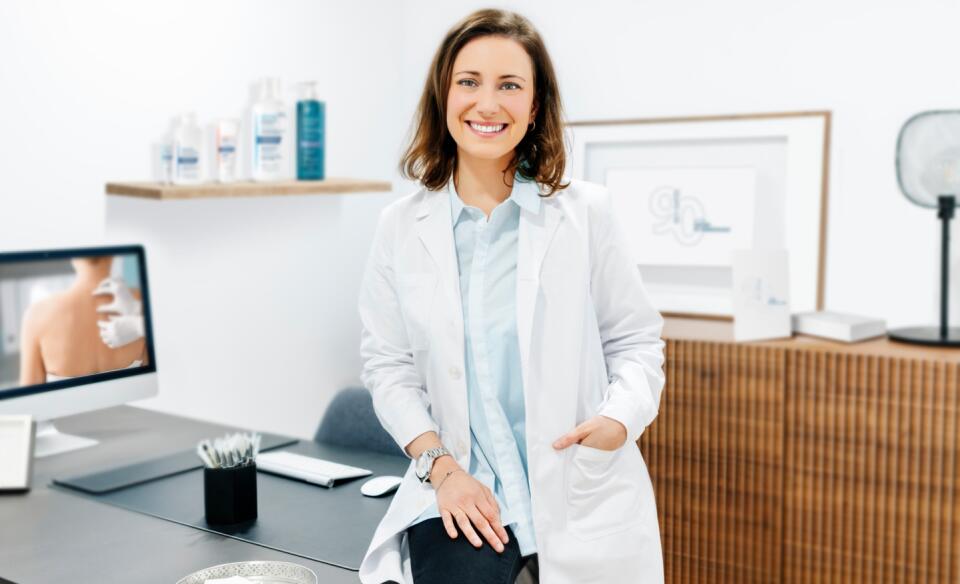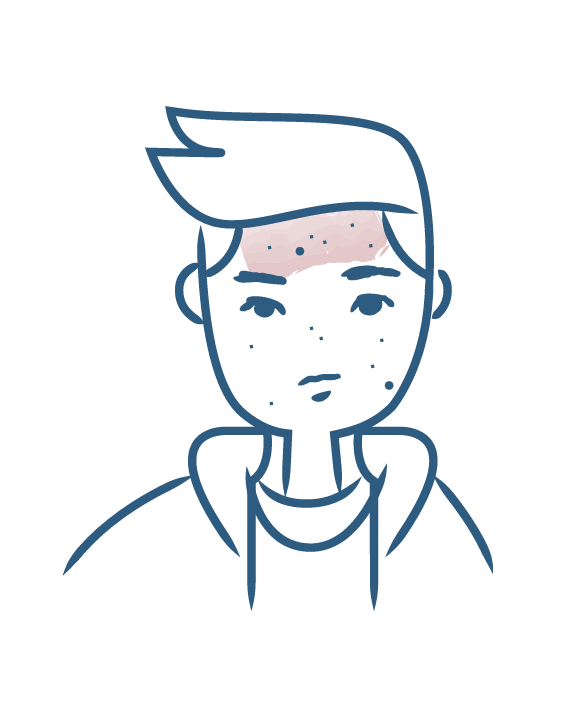-
Your concerns
Our articles to help you gain a better understanding
-
Our solutions
-
Ducray Dermatological laboratories
Our articles to help you gain a better understanding

Acne mainly affects teenagers, but also other groups, especially infants. This may seem strange and alarming, yet it is very common. Young parents should not be worried about it at all!

Summary
Infant acne is an acne type that affects babies mainly between 0 and 3 months of age. Beyond this age, it is more commonly referred to as childhood acne. The baby's face is covered with small spots, both comedones and inflammatory lesions typical of acne. This type of acne lasts a few weeks or sometimes a few months and usually disappears as quickly as it appeared. Infant acne does not bother the baby and does not prevent it from developing normally. A baby with acne is not at any greater risk of getting it as a teenager.
It is thought that infant acne is due to hormonal changes that are initially present in the mother during pregnancy. Infant acne is also exacerbated by the application of excessively oily cosmetics. Parents often believe there is a link between infant acne and breastfeeding, infant acne and breast milk, or infant acne and the use of certain types of formula. However, diet does not cause infant acne, so there is no need to change the baby's feeding habits.
In general, infant acne treatment does not require the application of any specific product. It is more a question of common sense:
Oily or acne-prone skin

Oily or acne-prone skin
NEWSLETTER
Dermatological expertise
To better understand your skin and hair, discover our exclusive content and innovative care products designed to improve your quality of life..